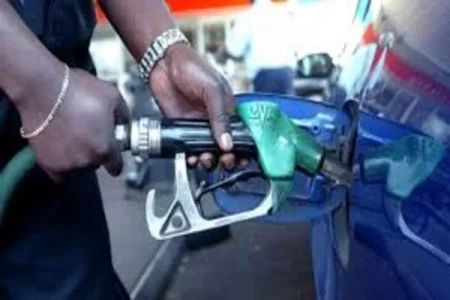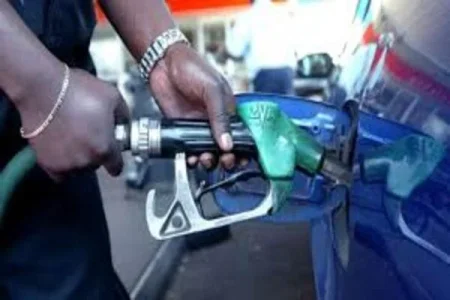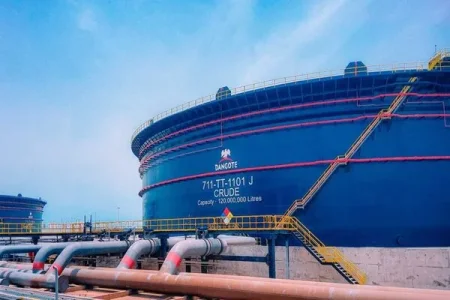
Global oil prices surged 9-10% on June 13, 2025, after Israel attacked Iran, with Brent crude reaching $75.15/barrel, surpassing Nigeria’s 2025 budget benchmark. The conflict threatens to disrupt Middle East supplies, potentially raising Nigeria’s petrol prices (currently N870–N910/litre). While the spike benefits Nigeria’s oil-dependent budget, it risks compounding existing fuel crises, as Dangote Refinery still relies on U.S. crude imports.
• Price surge: Brent crude hit $75.15/barrel, crossing Nigeria’s budget benchmark for the first time in 2025.
• Local impact: Petrol prices may rise further, straining households already paying up to N910/litre.
• Refinery reliance: Dangote Refinery’s dependence on imported crude exposes Nigeria to global market volatility.
When oil prices climb, who truly wins? Nigeria’s budget gains, but its citizens brace for fuel hikes—a paradox of an oil-rich nation still shackled to imports. The Israel-Iran war exposes this fragility: even Africa’s largest refinery can’t shield Nigeria from global shocks. Beneath the price charts lies a harder truth: until domestic refining matches crude production, Nigeria’s economy will remain hostage to distant conflicts.
• Should Nigeria fast-track modular refineries to curb import dependence amid global crises?
• How might rising fuel costs impact inflation and Tinubu’s economic reforms?
Sources: Daily Post Nigeria, Bloomberg Commodity Data





